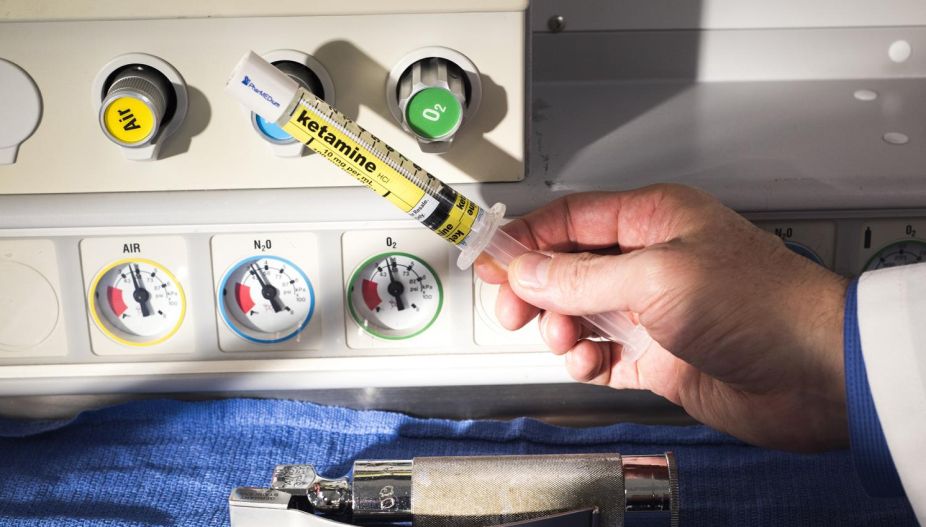Punjab Police bust international drug racket, 4 arrested
Punjab Police said these arrests have exposed a module that was involved in smuggling opium and the potent date-rape drug ketamine.

Representational Image (Photo: Facebook)
A study led by the Post Graduate Institute of Medical and Research (PGIMER) anesthesia department along with the University of Manitoba, Winnipeg, Canada has revealed that, Ketamine, the most commonly used medicine for postoperative pain management, fails to diminish post-surgery wooziness and pain in elderly patients.
The study, which began in 2012, was recently released in the Lancet Journal on 30 May, 2017. It indicates that one should not recommend Ketamine for elderly with an idea of preventing delirium and to reduce post- operative opioid consumption.
Advertisement
"During our research, we have found that Ketamine is not helping the elderly patients in reducing pain. Ketamine is injected into the body, to stabilise the blood pressure and also to prevent post operative delirium and reduce opioid drugs such as morphine which are routinely prescribed drugs," Professor at Anesthesia Department, PGIMER, VK Arya told The Statesman.
Advertisement
As a part of multi-centric international study the anesthesiologists believe that there has been a major percentage increase in the measure of Ketamine given since doctors are attempting to avoid distress after surgery without depending on opioid drugs.
However, throughout the research it has come to the light that Ketamine has increased the occurrence of post-operative nightmares and hallucinations in the patients. Though its usage is not to be discontinued for its other uses when indicated, it has no utility for preventing delirium in elderly as the study shows.
Arya said usually opioids are the mainstay drugs to treat post-operative pain, but they also cause restlessness and which are associated with life-threatening complications of respiratory depression and addiction.
Ketamine has been in use since mid-sixties after it was introduced by the investigators from the University of Michigan, United States of America.
There is no established preventive medicinal treatment for restlessness after surgery. In the wake of starting significance, its use declined due to its essential response of causing hallucinations. However, it is utilised as a part of situations where children decline to take oral narcotic medicines and begin excessively crying before surgery.
"Opioid drugs (morphine) like medicines dose for pain relief were believed to reduce if Ketamine in low dose was used during anesthesia since the morphine worsens delirium risk in elderly," added Arya.
Advertisement